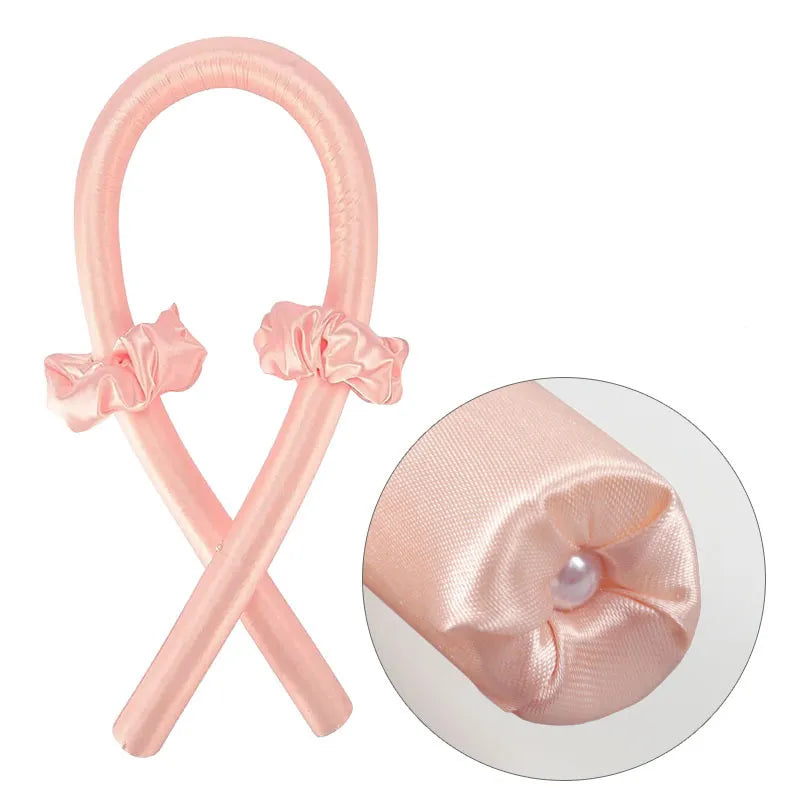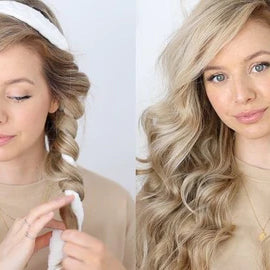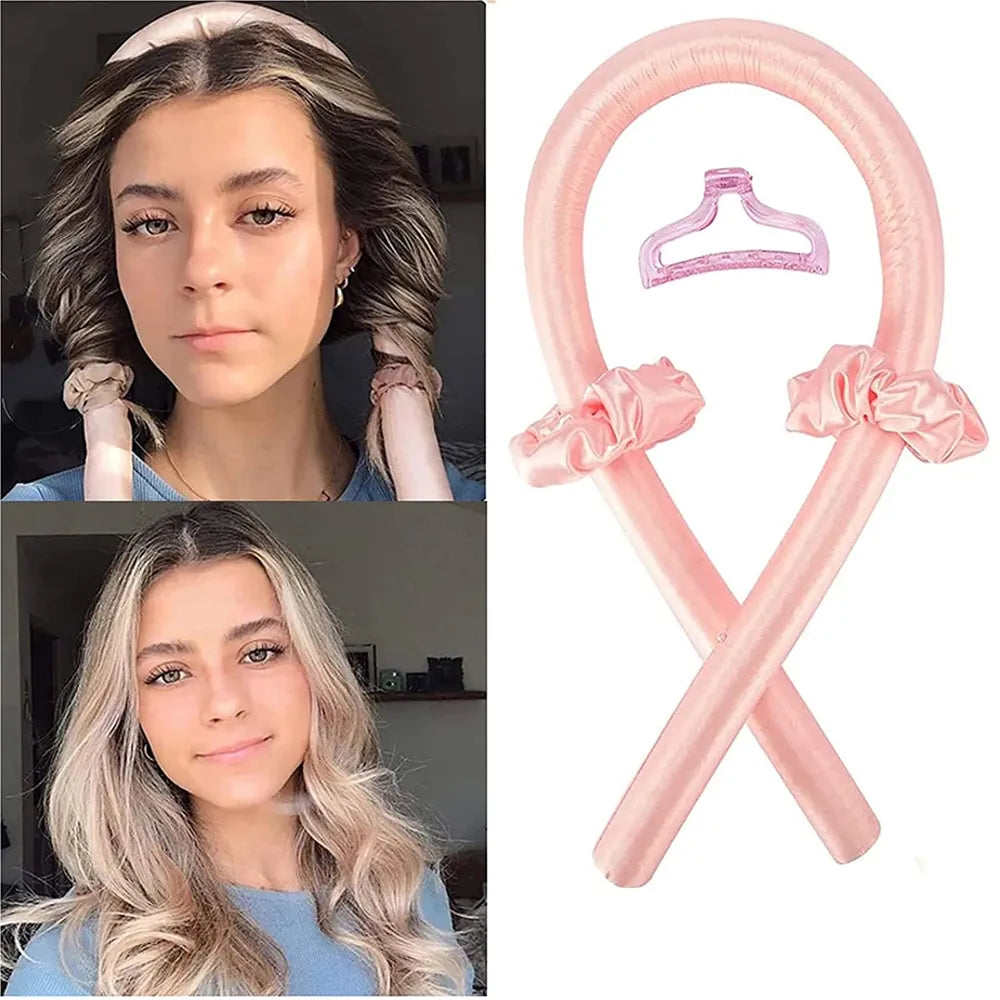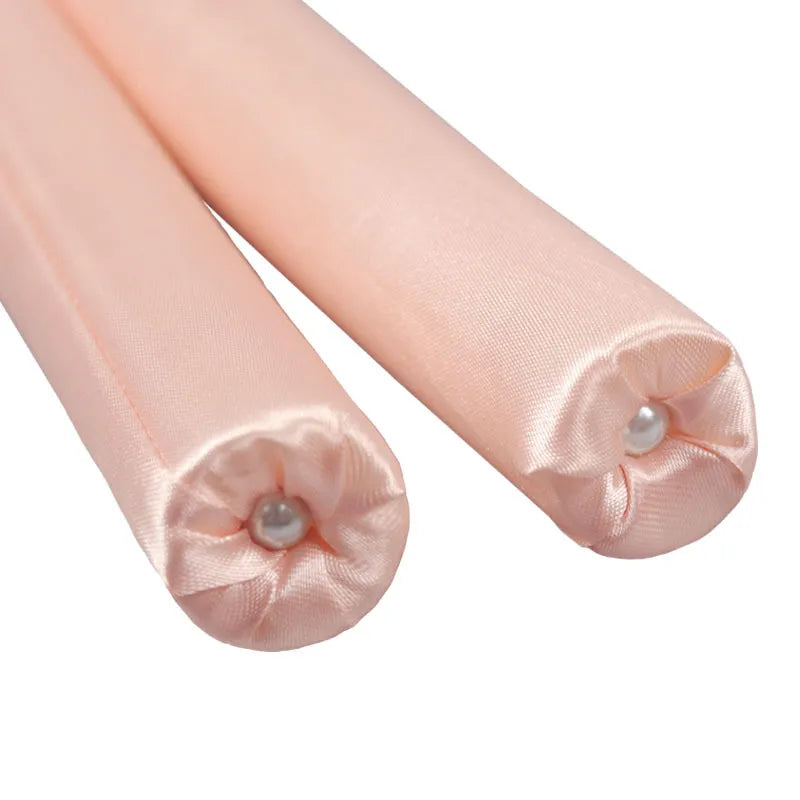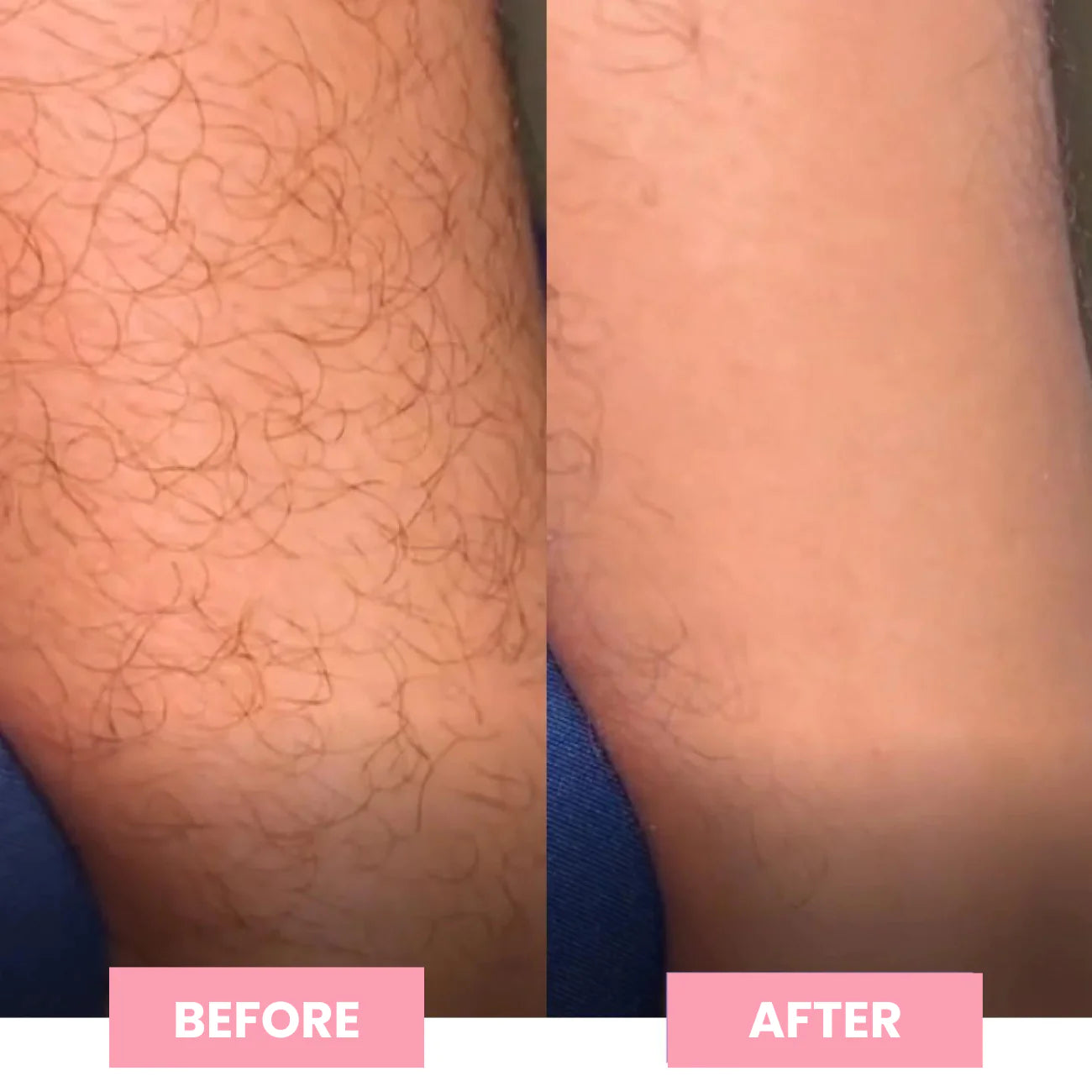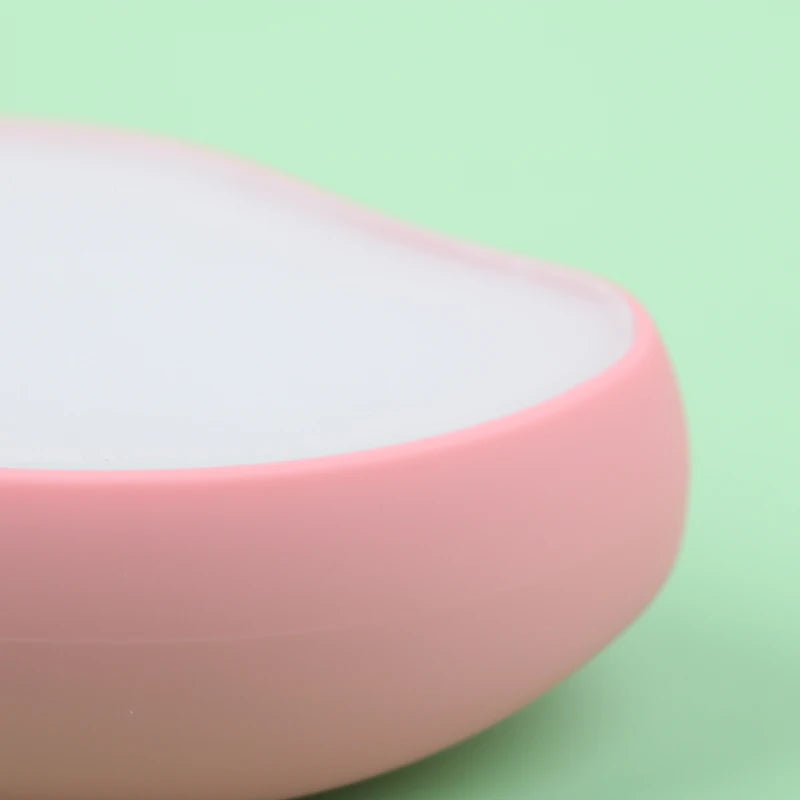Everyone wants vibrant, healthy-looking skin, but achieving it can be a challenge. With countless skincare products and routines available, it's easy to feel overwhelmed. In this article, we'll break down the essential steps for maintaining a radiant complexion. We'll cover everything from understanding your skin type to managing stress for overall skin health.
Know Your Skin Type
Identifying Your Skin Type
To create the perfect skincare routine, it's crucial to identify your skin type. There are generally four main types: normal, oily, dry, and combination. Each type has unique characteristics, so determining your skin type will help you tailor your skincare routine.
Customizing Your Routine
Once you've identified your skin type, it's time to create a customized skincare routine. This may include cleansing, toning, moisturizing, and applying sunscreen. Remember that consistency is key, and it may take time to see results.
Importance of a Healthy Diet
Foods to Include
A balanced diet plays a significant role in maintaining healthy skin. Foods rich in antioxidants, vitamins, and minerals help to repair and rejuvenate the skin. Make sure to include fruits, vegetables, whole grains, and lean proteins in your diet.
Foods to Avoid
Avoiding processed foods, sugary drinks, and excessive caffeine can contribute to better skin health. These foods can cause inflammation, leading to acne and other skin issues.
Stay Hydrated
Drinking plenty of water helps flush toxins from the body and maintain skin elasticity. Aim for at least eight glasses of water daily to keep your skin looking plump and hydrated.
Proper Cleansing Techniques
Choosing the Right Cleanser
Selecting the right cleanser is crucial for maintaining a healthy complexion. Look for a gentle cleanser that matches your skin type and doesn't strip your skin of its natural oils.
The Cleansing Process
Cleanse your face twice a day – once in the morning and once at night. Gently massage the cleanser onto your face in circular motions, then rinse with lukewarm water and pat dry with a soft towel.
Exfoliation and Skincare Products
Why Exfoliate?
Exfoliation removes dead skin cells and unclogs pores, helping to prevent breakouts and improve skin texture
Skincare Products Worth Investing In
Invest in quality skincare products that suit your skin type and address your specific concerns. Some essentials include a moisturizer, eye cream, and serums with active ingredients like retinol, vitamin C, or hyaluronic acid.
Protect Your Skin from the Sun
Sunscreen Usage
Sun damage is one of the leading causes of premature aging and skin cancer. Use a broad-spectrum sunscreen with at least SPF 30 every day, even on cloudy days or when indoors.
Other Sun Protection Measures
In addition to sunscreen, protect your skin by wearing sunglasses, a wide-brimmed hat, and sun-protective clothing. Limit your exposure to the sun during peak hours (10 a.m. to 4 p.m.) when UV rays are strongest.
Get Enough Sleep and Manage Stress
Adequate sleep and stress management play an essential role in maintaining healthy skin. Aim for 7-8 hours of sleep per night and practice stress-reducing techniques like meditation, yoga, or deep breathing exercises.
Conclusion
Achieving vibrant and healthy skin is a combination of a personalized skincare routine, a balanced diet, proper hydration, sun protection, and maintaining overall well-being. By following the tips outlined in this article, you'll be well on your way to a radiant complexion that reflects your inner health.
FAQs
1. How often should I exfoliate my skin?
Exfoliation frequency depends on your skin type and the exfoliation method. Generally, it's recommended to exfoliate 1-2 times per week for most skin types. Sensitive skin may require less frequent exfoliation.
2. Are expensive skincare products always better than cheaper alternatives?
Not necessarily. The price of a product doesn't always determine its effectiveness. Look for products with quality ingredients and research reviews before making a purchase.
3. Can I use body lotion on my face?
It's best to use a separate facial moisturizer, as body lotions can be too heavy and may cause breakouts or irritation on the face.
4. How long does it take to see results from a skincare routine?
Results vary depending on individual skin concerns and the products used. It may take anywhere from a few weeks to several months to see significant improvements.
5. Is it necessary to use a separate eye cream?
Using a dedicated eye cream is recommended, as the skin around the eyes is thinner and more delicate than the rest of the face. Eye creams are formulated to target specific concerns like fine lines, dark circles, and puffiness.









